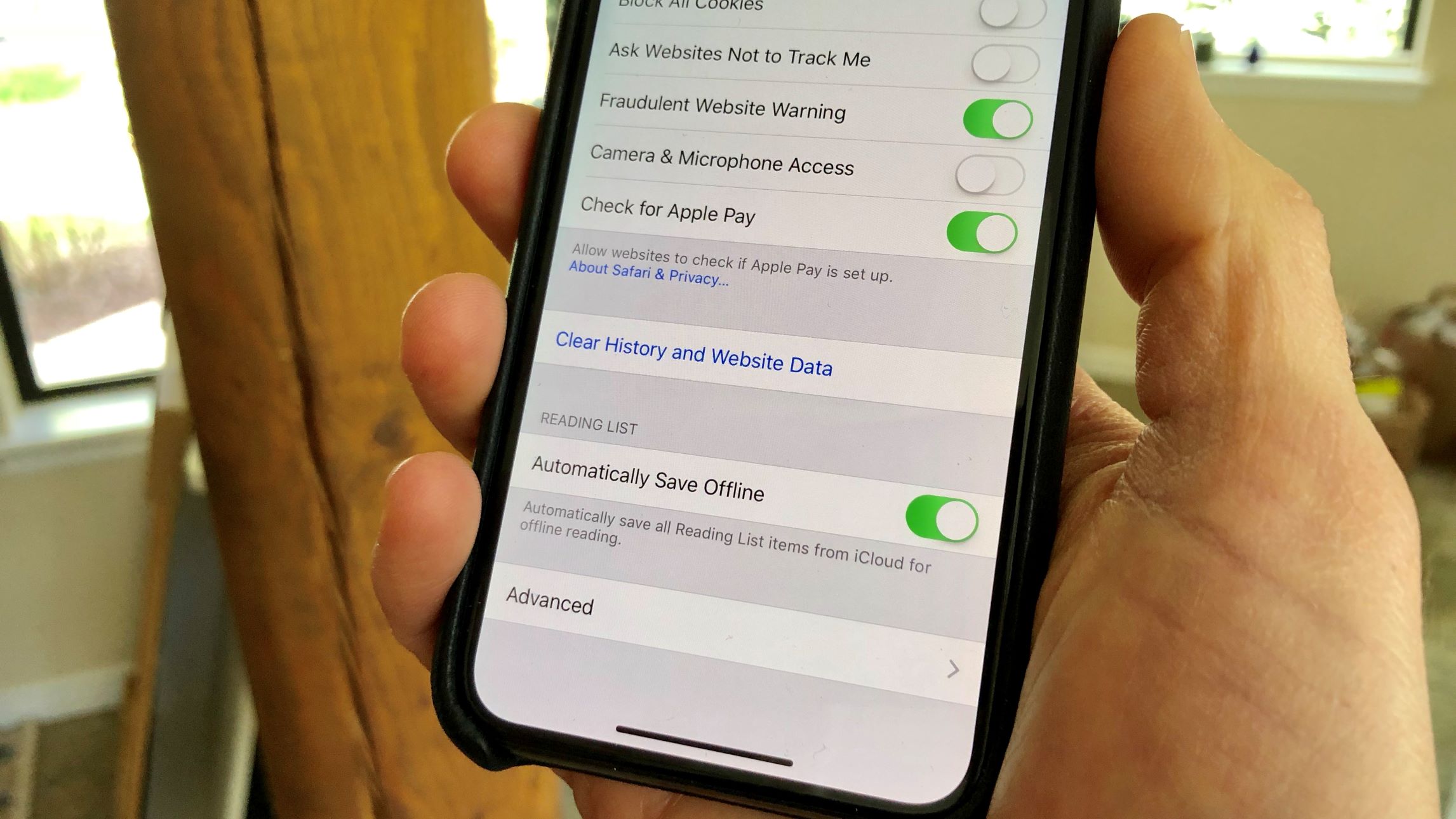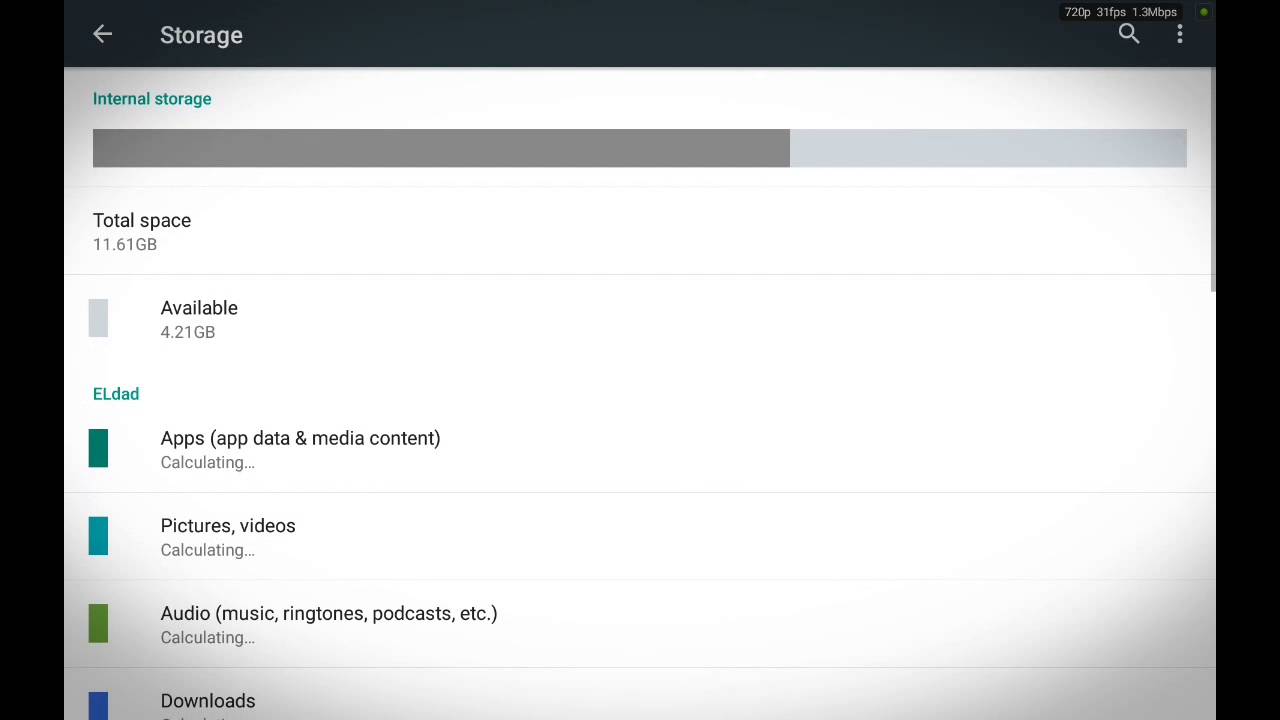Introduction
Have you ever experienced slow loading times when browsing the web or encountered issues with websites not displaying the latest content? If so, you may have been advised to "clear your browser's cache." While this suggestion may sound technical, it's a simple and effective solution to many common browsing problems.
Clearing your browser's cache is akin to giving your web browser a refreshing makeover. It involves removing temporary files, images, scripts, and other data that your browser stores while you surf the internet. These files are intended to speed up your browsing experience by allowing the browser to quickly retrieve previously visited web pages and resources. However, over time, this cache can become cluttered and outdated, leading to performance issues and potential conflicts with website updates.
In this article, we'll delve into the importance of clearing your browser's cache and explore the benefits it offers. Whether you're a casual internet user or a seasoned web enthusiast, understanding the significance of this simple maintenance task can significantly enhance your browsing experience. So, let's embark on a journey to uncover the reasons why clearing your browser's cache is a good idea.
What is browser cache?
When you visit a website, your web browser stores various elements of that site, such as images, scripts, and other resources, in a temporary storage location known as the cache. This cache is designed to improve your browsing experience by allowing the browser to quickly retrieve previously accessed web pages and resources without having to download them again from the internet. Essentially, the browser cache serves as a handy memory bank, storing elements of websites you've visited so that they can be accessed more swiftly when you revisit those sites.
The browser cache operates on the principle of reducing loading times and conserving bandwidth. By storing elements of websites locally, your browser can display web pages more quickly upon subsequent visits, as it doesn't need to download all the resources again. This can be particularly beneficial when accessing frequently visited websites or when navigating through pages within the same site.
Moreover, the cache plays a crucial role in enhancing the overall performance of web applications. For instance, when you log into an online platform, the browser cache can store certain elements of the site's interface, making it more responsive and reducing the need for repeated data retrieval from the server.
It's important to note that different types of data are stored in the browser cache, including HTML pages, images, CSS stylesheets, JavaScript files, and other resources. This diverse range of cached elements contributes to a smoother and more efficient browsing experience for users.
While the browser cache offers numerous advantages, it's essential to understand that outdated or corrupted cache data can lead to issues such as slow loading times, display errors, and conflicts with updated website content. Therefore, periodically clearing the browser cache is a simple yet effective way to ensure that you're accessing the most current and accurate versions of websites, thereby optimizing your browsing experience.
Why should you clear your browser's cache?
Clearing your browser's cache is essential for maintaining a smooth and efficient browsing experience. Over time, the cache accumulates a plethora of temporary files, images, scripts, and other data from the websites you visit. While this is intended to enhance your browsing speed, it can lead to several issues if left unattended.
One of the primary reasons to clear your browser's cache is to ensure that you are viewing the most up-to-date versions of websites. When a website undergoes updates or changes its content, the outdated cache may prevent you from seeing the latest information. This can be particularly problematic for dynamic websites, such as news portals or social media platforms, where real-time updates are crucial.
Furthermore, clearing the cache can help resolve display errors and formatting issues that may arise due to outdated or corrupted cached data. Have you ever encountered a website that appears distorted or fails to load images properly? These issues can often be attributed to the browser attempting to render the site using outdated cache files. By clearing the cache, you can eliminate these discrepancies and ensure that websites display as intended.
Another compelling reason to clear your browser's cache is to address performance issues. As the cache becomes cluttered with outdated data, it can impede the browser's ability to retrieve and display web pages efficiently. This can result in slow loading times, unresponsive web elements, and overall sluggishness in your browsing experience. By clearing the cache, you can rejuvenate your browser's performance and enjoy faster loading times and smoother navigation.
Moreover, clearing the cache can be particularly beneficial when troubleshooting website-related problems. If you encounter persistent issues with a specific website, such as login errors or functionality glitches, clearing the cache can serve as a preliminary step to rectify these issues. It effectively eliminates the possibility of outdated cache data causing conflicts with the website's functionality, allowing you to troubleshoot with a clean slate.
In essence, clearing your browser's cache is crucial for staying updated with website content, resolving display and performance issues, and troubleshooting website-related problems. By periodically clearing the cache, you can ensure a seamless and optimized browsing experience, free from the constraints of outdated and cluttered cache data.
Benefits of clearing browser cache
Clearing your browser's cache yields a multitude of benefits that significantly enhance your browsing experience. Let's delve into the compelling advantages of this simple yet impactful maintenance task.
1. Access the Latest Content
By clearing the browser cache, you ensure that you are viewing the most current versions of websites. This is particularly crucial for dynamic websites, such as news portals and social media platforms, where real-time updates are integral. Without outdated cache data hindering your view, you can stay abreast of the latest news, posts, and content modifications.
2. Resolve Display Errors and Formatting Issues
Outdated or corrupted cache data can often lead to display errors and formatting discrepancies on websites. Clearing the cache eliminates these issues, allowing websites to render as intended. Say goodbye to distorted layouts, missing images, and unresponsive elements, as your browser retrieves fresh data for seamless display.
3. Improve Browsing Performance
Over time, a cluttered cache can impede your browser's ability to retrieve and display web pages efficiently. By clearing the cache, you rejuvenate your browser's performance, leading to faster loading times, smoother navigation, and an overall snappier browsing experience. This optimization is particularly noticeable when accessing frequently visited websites or navigating through content-rich pages.
4. Troubleshoot Website-Related Problems
When encountering persistent issues with a specific website, such as login errors or functionality glitches, clearing the cache can serve as an effective troubleshooting step. It eliminates the possibility of outdated cache data causing conflicts with the website's functionality, providing a clean slate for resolving issues. This simple action can often resolve seemingly complex website-related problems.
5. Enhance Privacy and Security
Clearing the browser cache can contribute to bolstering your privacy and security while browsing the web. By removing stored data, such as login credentials and browsing history, you reduce the risk of unauthorized access to sensitive information. Additionally, clearing the cache can mitigate the potential for malicious scripts or compromised resources stored in the cache to impact your browsing security.
In essence, the benefits of clearing your browser's cache extend beyond mere technical maintenance. This simple practice empowers you to access the latest content, resolve display and performance issues, troubleshoot website-related problems, and enhance your privacy and security. By incorporating cache clearing into your browsing routine, you can enjoy a seamless and optimized online experience, free from the constraints of outdated and cluttered cache data.
How to clear browser cache
Clearing your browser's cache is a straightforward process that varies slightly depending on the web browser you use. Below are step-by-step instructions for clearing the cache in popular web browsers:
Google Chrome
- Open Google Chrome and click on the three-dot menu icon in the top-right corner of the browser window.
- Select "More tools" from the dropdown menu, then choose "Clear browsing data."
- In the Clear browsing data window, ensure that "Cached images and files" is selected.
- Choose the time range for which you want to clear the cache, such as "Last hour," "Last 24 hours," "Last 7 days," or "All time."
- Click on the "Clear data" button to initiate the cache clearing process.
Mozilla Firefox
- Launch Mozilla Firefox and click on the three-line menu icon in the top-right corner.
- Select "Options" and navigate to the "Privacy & Security" tab.
- Scroll down to the "Cookies and Site Data" section and click on the "Clear Data" button.
- Ensure that "Cached Web Content" is checked, then click "Clear" to remove the cached data.
Safari (Mac)
- Open Safari and click on "Safari" in the top menu bar.
- Choose "Preferences" and go to the "Advanced" tab.
- Enable the "Show Develop menu in menu bar" option.
- Click on the "Develop" menu in the top menu bar and select "Empty Caches" from the dropdown.
Microsoft Edge
- Launch Microsoft Edge and click on the three-dot menu icon in the top-right corner.
- Select "Settings" and navigate to the "Privacy, search, and services" tab.
- Under the "Clear browsing data" section, click on "Choose what to clear."
- Ensure that "Cached images and files" is selected, then click "Clear now" to remove the cached data.
Opera
- Open Opera and click on the Opera menu icon in the top-left corner of the browser window.
- Select "Settings" and navigate to the "Advanced" > "Privacy & security" section.
- Under the "Privacy" section, click on "Clear browsing data."
- Ensure that "Cached images and files" is checked, then choose the time range and click "Clear data."
By following these simple steps, you can effectively clear your browser's cache, ensuring that you enjoy an optimized and refreshed browsing experience. It's recommended to perform this maintenance task periodically to reap the benefits of a clean and efficient cache.
Conclusion
In conclusion, the browser cache serves as a double-edged sword in the realm of web browsing. While it significantly enhances loading times and optimizes the performance of web applications, it can also become a breeding ground for outdated and corrupted data, leading to a myriad of browsing issues. By understanding the importance of clearing your browser's cache and embracing this simple maintenance task, you can unlock a plethora of benefits that elevate your browsing experience to new heights.
Clearing your browser's cache empowers you to access the latest content, ensuring that you stay abreast of real-time updates and modifications on dynamic websites. This is particularly crucial for news portals, social media platforms, and e-commerce sites, where staying current is paramount. Moreover, by eliminating outdated cache data, you can bid farewell to display errors, formatting issues, and performance bottlenecks, reveling in a seamless and responsive browsing environment.
Furthermore, the act of clearing the cache serves as a troubleshooting ally, allowing you to address persistent website-related problems with ease. Whether you encounter login errors, functionality glitches, or unresponsive elements, a clean cache provides a fresh canvas for resolving these issues. Additionally, by periodically clearing the cache, you contribute to enhancing your privacy and security while traversing the digital landscape, safeguarding your sensitive information from potential vulnerabilities.
The process of clearing the browser cache is simple and can be seamlessly integrated into your browsing routine. By following a few clicks, you can rejuvenate your browser, ensuring that it operates at peak efficiency and delivers an optimized user experience. Whether you're using Google Chrome, Mozilla Firefox, Safari, Microsoft Edge, or Opera, the steps to clear the cache are easily accessible, empowering you to take control of your browsing environment.
In essence, clearing your browser's cache is not merely a technical maintenance task; it's a gateway to a refreshed and efficient browsing experience. By embracing this practice, you can bid adieu to outdated cache woes and embrace a digital realm where the latest content, seamless performance, and enhanced security converge to elevate your online journey. So, the next time you embark on a browsing adventure, remember the power of a cleared cache, and revel in the optimized wonders it bestows upon your digital explorations.

























